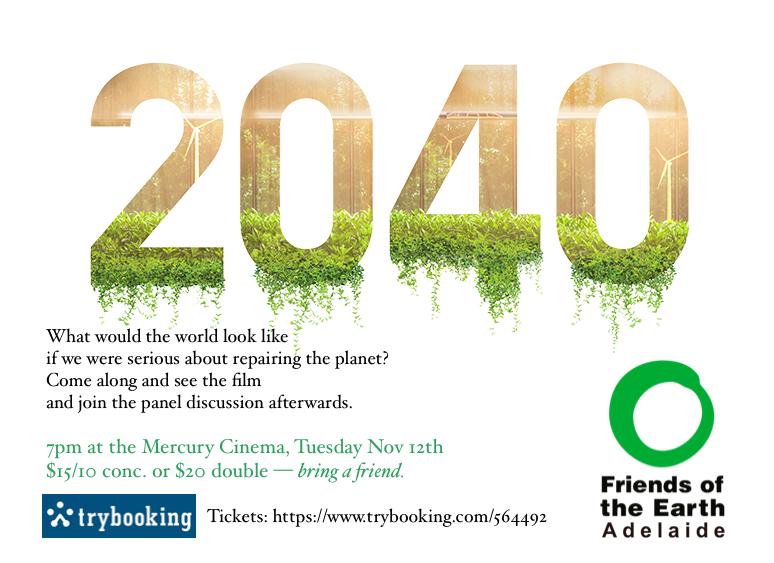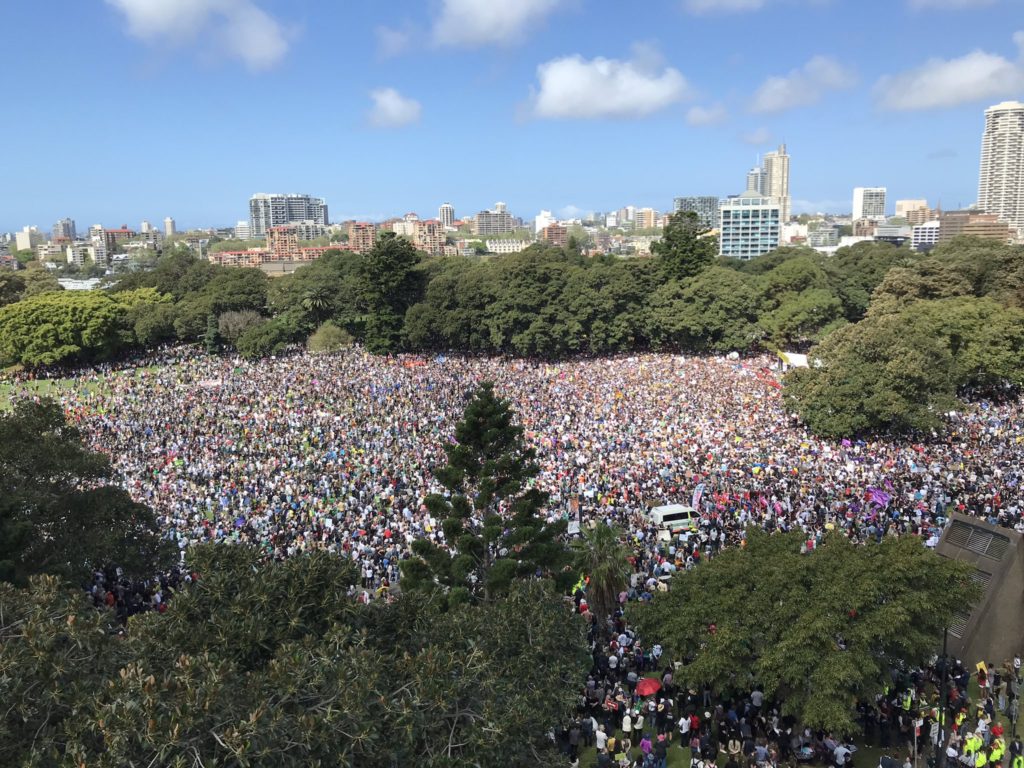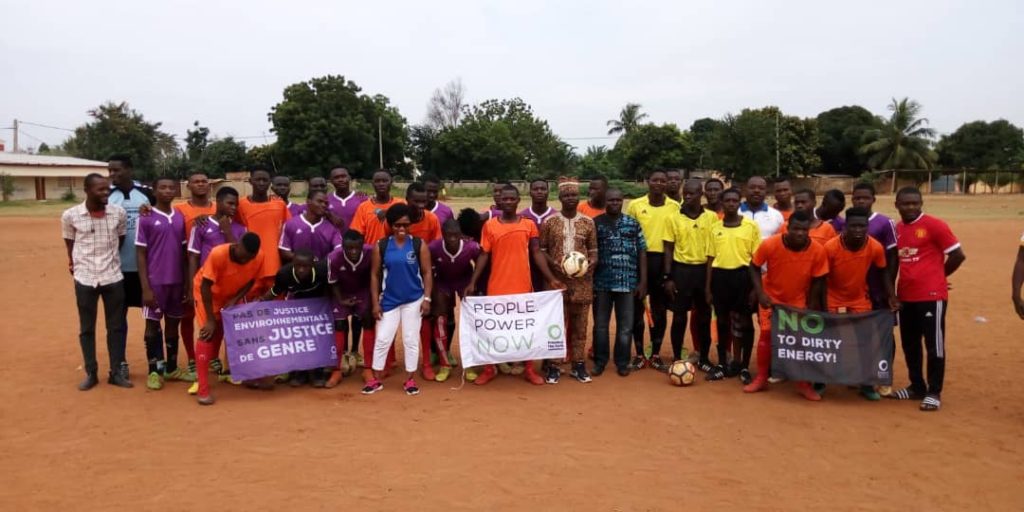Make a submission about the National Radioactive Waste Dump in SA
Send a submission to the Department of Industry, Innovation and Science (DIIS)
The Federal Government wants to put a National Radioactive Waste Facility in Kimba or the Flinders Ranges in South Australia.
The Department is calling for submissions and says these will be “one of the factors the Minister for Resources and Northern Australia may take into account when determining broad community support for the Facility.”
Please express your view by sending DIIS a submission.
If you live outside the ballot area, a submission is the only way to have your say! Here are some of the reasons why it is important that you do:
- There is strong opposition from Traditional Owners of the targeted sites. The Barngarla Determination Aboriginal Corporation (BDAC) is pursuing legal action against the exclusion of Barngarla Traditional Owners from a proposed ballot to gauge community support in the Kimba region of SA. The Adnyamathanha Traditional Lands Association lodged a complaint with the Australian Human Rights Commission last year, alleging contractors damaged a precious cultural site while assessing land for the proposed nuclear dump, and also protesting the exclusion of Traditional Owners from the proposed ‘community ballot’.
- This is Australia’s waste and a national issue. The burden of responsibility shouldn’t fall on small, regional and remote communities.
- Communities along the transport route have not been consulted by the government at all, yet they will be affected
- Flinders Ranges and Kimba communities have been divided by the flawed process and really need the support of people from all over the country.
- Government seem to be making it up as they go along. Just recently the size of the site required was increased from 100 to 160 hectares. This is 4 years into the process. The government should have known what they are doing before they started.
- Minister Canavan has recently stated that the amount of low level waste from Woomera destined to be permanently disposed of at the site is less than expected – only about 100 barrels. About 93% of the waste going to the site will be long-lived intermediate level waste produced and currently stored at ANSTO’s Lucas Heights reactor. The government plans to store this waste at the chosen site “temporarily” until a permanent disposal solution is found. Double handling is expensive, unnecessary and increases transport risks. There is no proven need to move it twice. Why build this facility when 93% of the waste going there is only for temporary storage?
Please go to www.foe.org.au/have_your_say to find out what you can do!
Email: radioactivewaste@industry.gov.au
Post: The Department of Industry, Innovation and Science
National Radioactive Waste Section
GPO Box 2013, Canberra ACT 2601
Please write your own submission or use our online proforma here.
Sign up to No Dump Alliance
Please join the No Dump Alliance as a group or individual and encourage others to do the same. We need as many people as possible to join us in the fight for responsible radioactive waste management.
Donate
Click here to chip in to the campaign




 In APAC, FoE groups joined the strikes in Malaysia,
In APAC, FoE groups joined the strikes in Malaysia, 

